19 Things You Think Are Helping the Environment But Aren’t
In the quest to lead more environmentally friendly lives, many of us have embraced habits and products that we believe are helping the planet. However, not all eco-friendly choices are as green as they seem. Here are 19 things you think are helping the environment but aren’t.
Misunderstanding Recycling
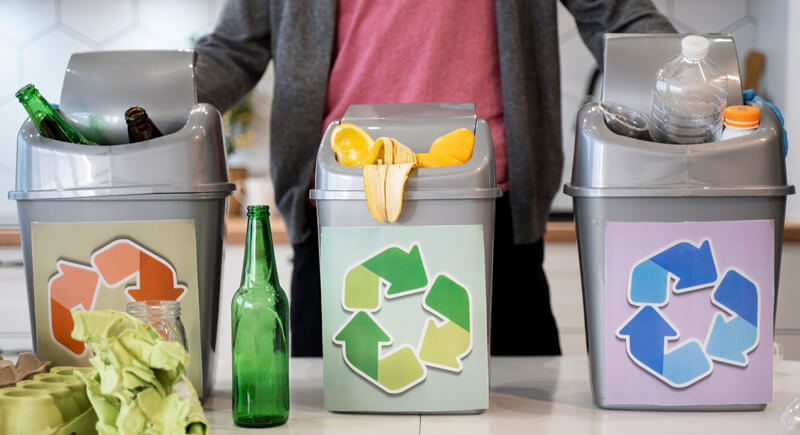
Credit: freepik
Have you been tossing all plastics into the recycling bin, thinking you’re doing Mother Earth a favor? It turns out that soft plastics like sandwich bags are more of a recycling nightmare than a help. And if you’ve been bagging your recyclables together, you might accidentally send the whole lot to the landfill instead. The key here is to keep those recyclables loose and understand which plastics your local facility takes. It’s a little effort for a big win for the planet.
The Tote Bag Dilemma

Credit: freepik
Tote bags seem like the hero in our fight against plastic, but there’s a plot twist. Those cotton totes you’ve collected must be used thousands of times to offset their environmental impact. The production of both conventional and organic cotton bags consumes a ton of resources. So, the best move? Keep using your ones, and maybe resist adding more to your collection.
Organic Cotton’s Hidden Costs
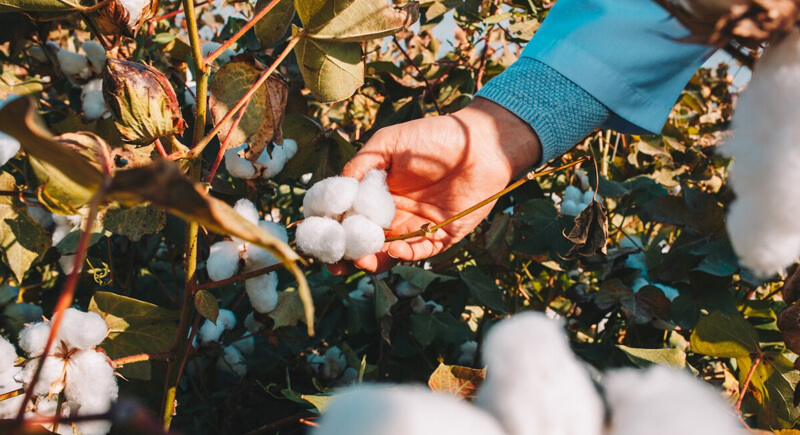
Credit: freepik
Organic cotton sounds pristine, but it’s thirsty for resources, needing more land and water than its conventional cousin. It’s not as yield-efficient either because it doesn’t get the same pest-fighting help. The lesson here is that “organic” isn’t a free pass for sustainability. Sticking with what you’ve already got in your wardrobe is likely a greener choice. Always check the full story behind the label.
The Pitfalls of Buying “Greener” Products
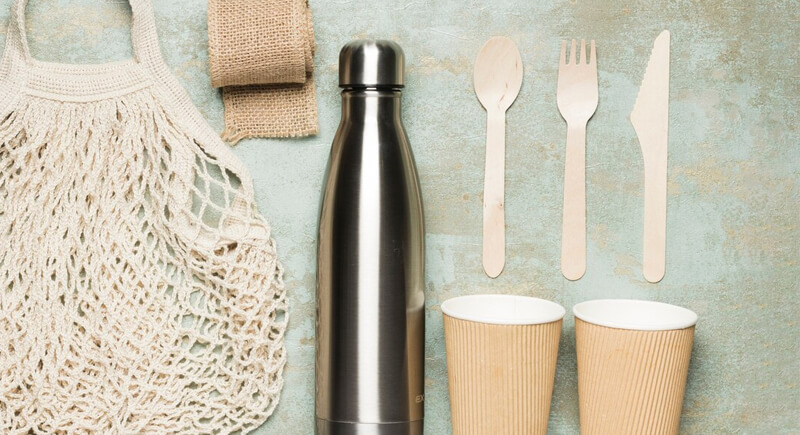
Credit: freepik
Stocking up on the latest eco-friendly gadgets, from bamboo forks to the newest reusable bottles, is tempting. But if an old spoon at home can do the job, why get a new one? Every new product, even the green-labeled ones, has a footprint from production to shipping. So before you buy, ask yourself if you really need it. Maybe repurposing or sticking with what you already have is the way to go.
The Environmental Impact of New Cars
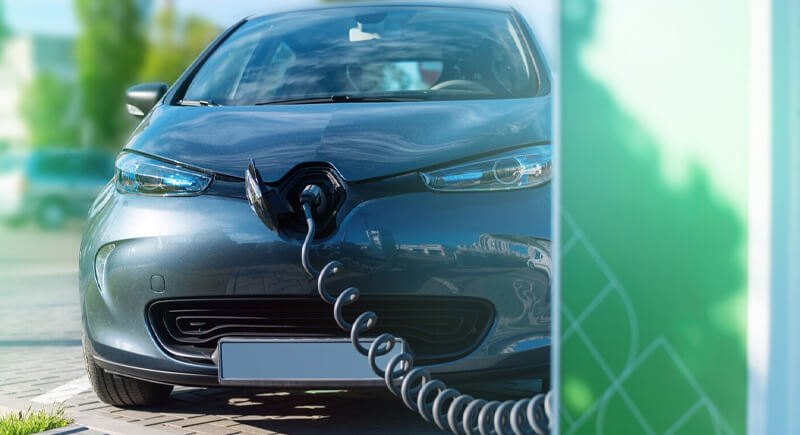
Credit: freepik
Are you considering swapping your old ride for a shiny, eco-friendly model? Hold up. Even hybrids and electrics come with hefty environmental costs from manufacturing. If your current car isn’t a gas guzzler, it might be more eco-friendly to keep it a bit longer. When it’s time for a change, consider a pre-loved vehicle to reduce the demand for new resources.
Ride Sharing’s Hidden Emissions

Credit: pexels
Uber and Lyft seem like green alternatives to owning a car, but there’s a catch. These cars add to city congestion and spend a lot of time driving empty, looking for riders. This not only increases emissions but also makes traffic worse. If you can, opt for public transit, biking, or walking—your carbon footprint will thank you. Plus, it’s often a healthier and cheaper option!
Misplaced Trust in “Green” Labels
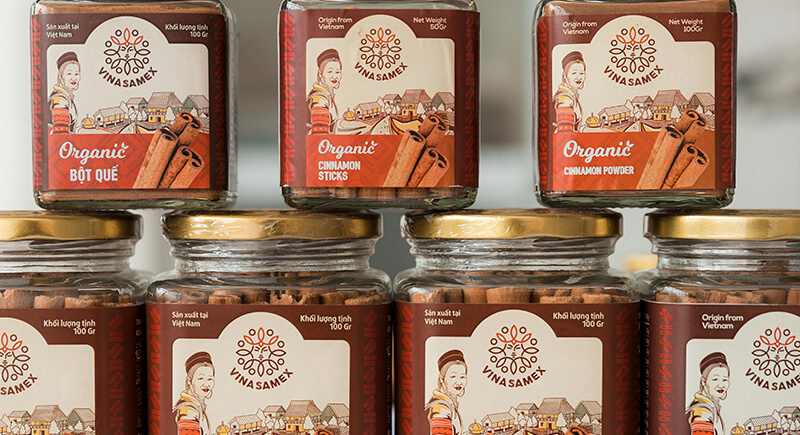
Credit: pexels
Just because something says it’s vegan, organic, or local doesn’t mean it’s the best environmental choice. Take almond milk: it guzzles water like nobody’s business. And while buying locally sounds excellent, the environmental savings can be offset by the methods used to produce or transport those goods. Always dig deeper into those green claims to ensure they’re not just marketing.
The Problem with Compostable Products in Landfills

Credit: freepik
Compostable packaging is excellent, but not if it ends up in a landfill, where it doesn’t break down properly. These materials need specific conditions to decompose, which landfills don’t provide. The best move is actually to compost them if you can. Otherwise, they’re just as bad as regular plastic. So, embrace composting at home or look for community compost programs.
Excessive Dependence on Express Shipping
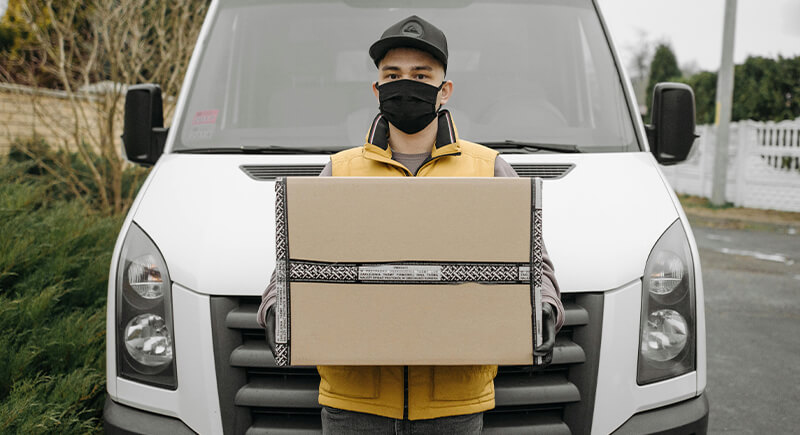
Credit: pexels
Online shopping with next-day delivery is incredibly convenient, but it’s a carbon bomb. The quick turnaround means more trips, more vans on the road, and, ultimately, more emissions. Bundle your purchases to reduce shipments, or choose slower shipping options when you can. Better yet, see if local shops have what you need. It’s a small change that can make a big difference.
High Meat Consumption
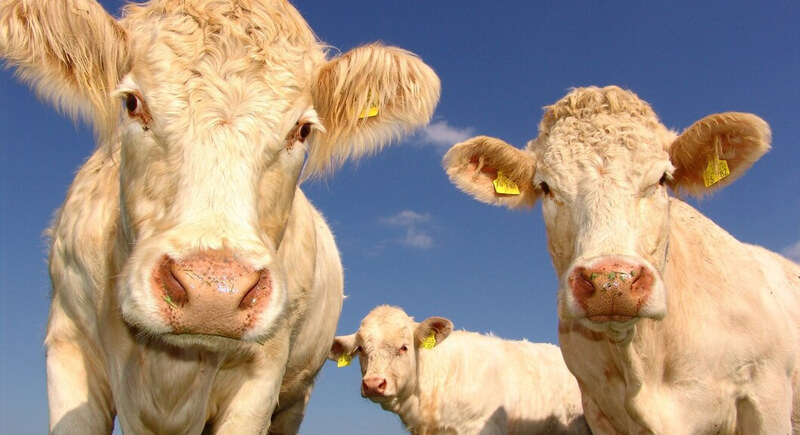
Credit: freepik
Cutting back on meat, especially beef, can be a game-changer for the planet. The resources needed to raise livestock and the emissions are staggering. You don’t have to go vegan overnight, but even one meatless day a week can have a significant impact. Plus, it’s a great opportunity to explore some delicious plant-based meals. Your taste buds and the planet will thank you.
Food Waste from Overbuying
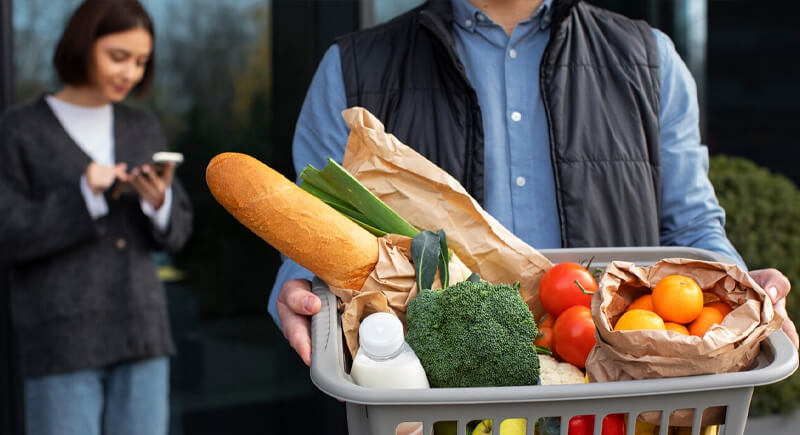
Credit: freepik
Ever notice how much food gets tossed after a big grocery haul? We often buy more than we need, leading to waste. In the U.S., about 30 to 40 percent of food is unused. Next time, make a list and stick to it, focusing on what you’ll eat. Reducing food waste is a simple way to be kinder to the planet.
Disposing of Produce
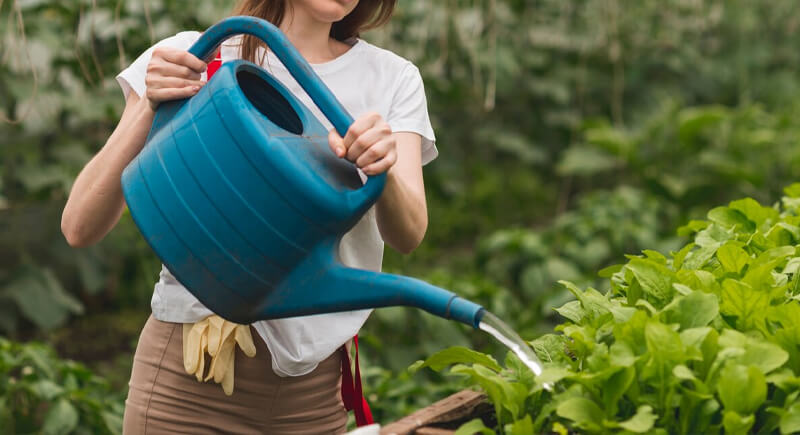
Credit: freepik
It’s easy to let fruits and veggies go bad in the fridge. Throwing out produce means wasting the water and energy it took to grow them. Try to use everything you buy, even if it means getting creative in the kitchen. Learning to cook with whole vegetables and peels can be fun and sustainable. Plus, it’s a step toward cutting down on unnecessary waste.
Inefficient Lighting Choices

Credit: pexels
Still, using those old incandescent bulbs? They waste most of their energy as heat, making them really inefficient. Switching to LED bulbs can drastically reduce energy use and your electricity bill. It’s a small change that makes a big difference over time. Light up your home smartly and sustainably.
Wasteful Water Use
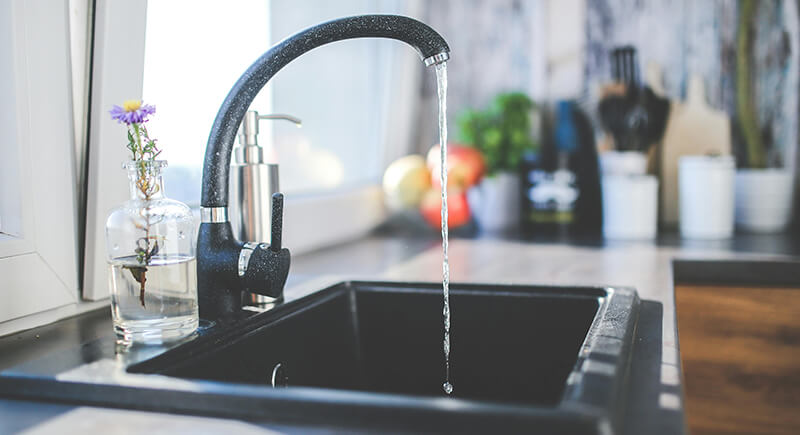
Credit: pexels
Leaving the tap running while brushing your teeth is like pouring water—and energy—down the drain. Just turning off the tap can save gallons of water each day. Remember, water is a precious resource that takes a lot of energy to get to our homes. Small actions like fixing leaks and taking shorter showers can significantly impact. Let’s be mindful of every drop.
Running Half-Empty Dishwashers and Washing Machines
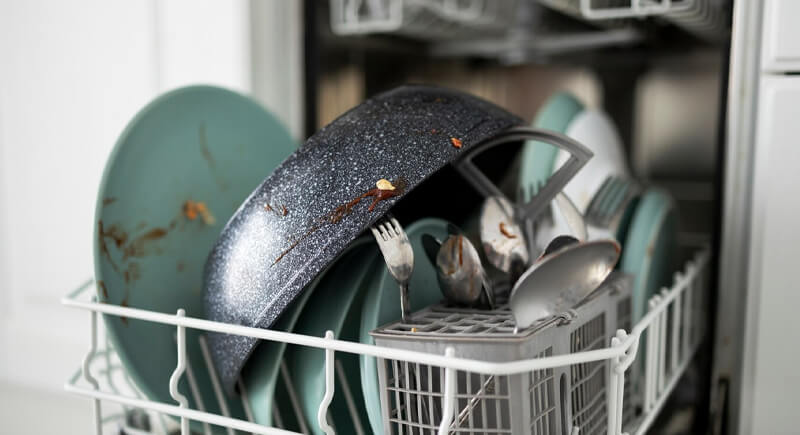
Credit: freepik
Running your dishwasher or washing machine only when full is a win-win. It saves water, energy, and even a bit of your time. An average washing machine uses a lot of water yearly, so full loads matter. This habit is one of the easiest ways to be more eco-friendly at home. Let’s make the most of our appliances.
Incorrect Recycling Practices
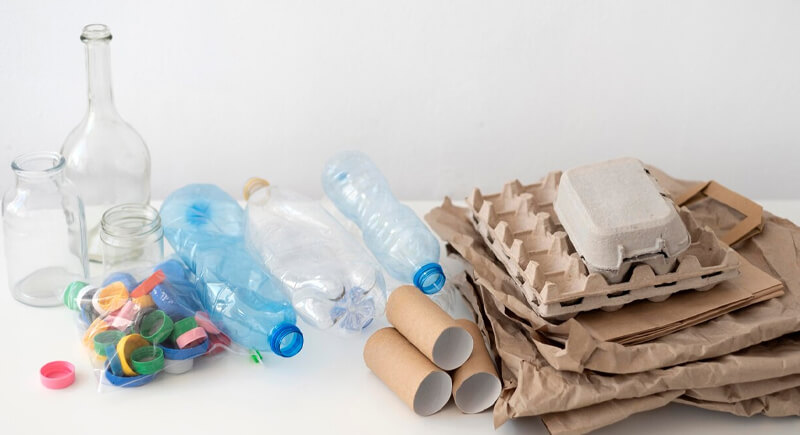
Credit: freepik
Throwing recyclables in the trash is a missed opportunity, but so is wish-cycling—tossing non-recyclables into the bin. Both mistakes can mess with the recycling process. Take a minute to learn what your local facility accepts. It’s worth the effort to get recycling right and keep recyclable materials in circulation. Let’s recycle smarter, not harder.
Overuse of Paper Towels
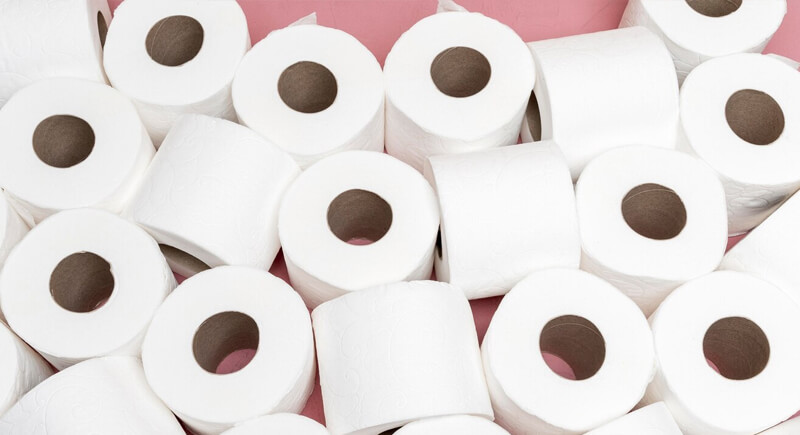
Credit: freepik
Grabbing a paper towel for every spill adds too much waste. Imagine the trees and energy used to produce them, only for a single use. Switching to reusable clothes can cut down on that waste dramatically. They’re just as effective and can be washed and reused many times. Plus, it’s a simple swap for a cleaner, greener kitchen.
Disposing of Electronics Improperly
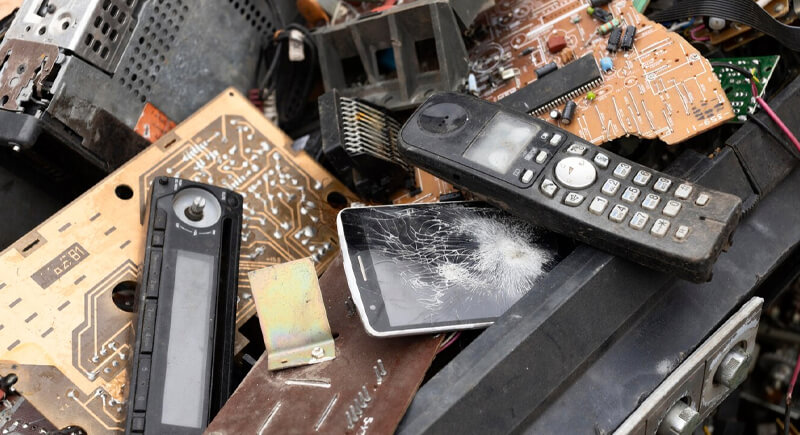
Credit: freepik
E-waste is a growing issue, with millions of tons generated worldwide each year. Electronics contain valuable materials that can be recycled, reducing the need for new resources. Proper disposal means less waste in landfills and less environmental harm. Look for local e-waste recycling programs or drop-off points. Let’s keep those gadgets out of the trash.
Paper Waste from Mail and Printing

Credit: freepik
With everything digital, there’s hardly a need for piles of mail or printing documents. Opting for electronic bills and receipts can reduce a lot of paper waste. And if you must print, using both sides of the paper is a simple way to reduce impact. Think of all the trees you’ll save with these minor adjustments. Digital is the way to go for a clutter-free and eco-friendly life.